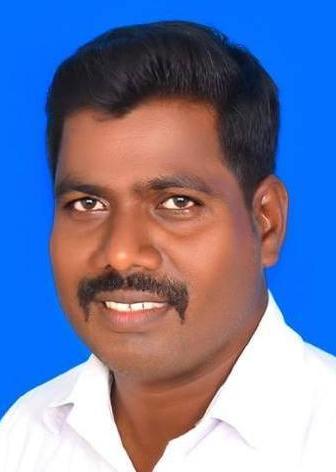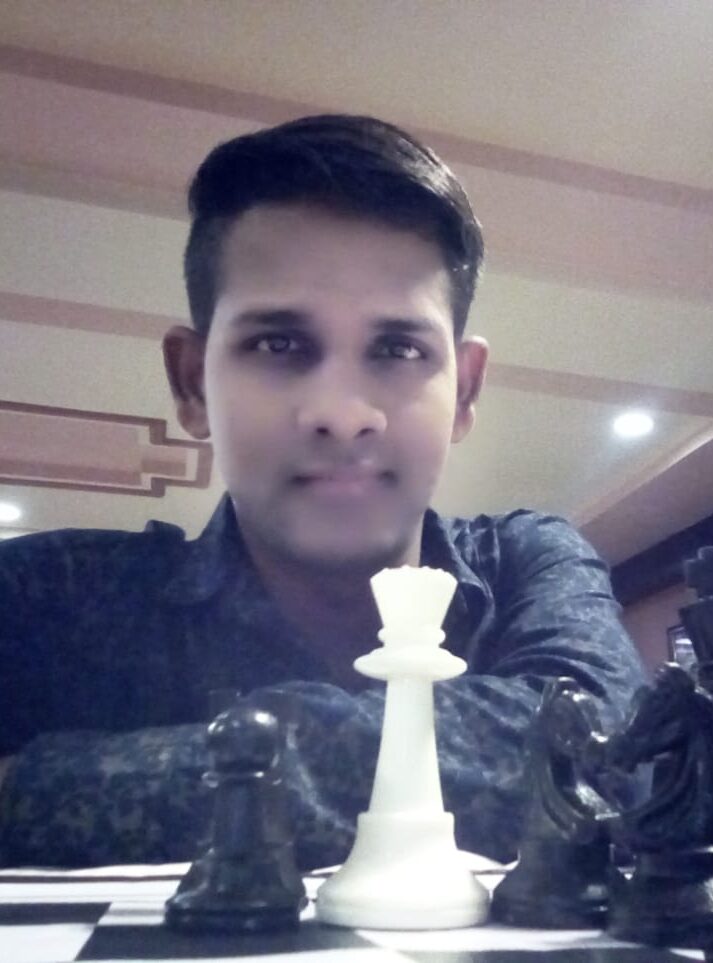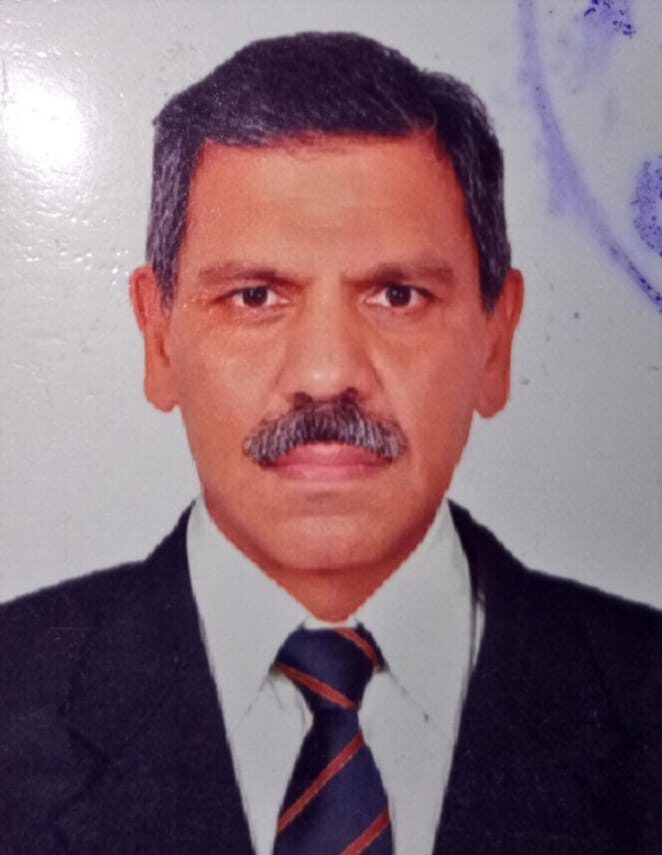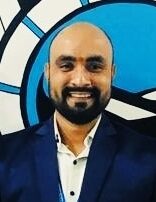Chess Fields
are better than
battle fields.
Welcome to
Dron Chess Academy
The Dron Chess Academy, learn from the best to be the best.
We help you conquer the chessboard first so that later you conquer life.
Our course consists of 100+ hours of coaching for various topics.
Well-structured lessons that will help you have clarity.
Guided by Professional Super Coach Vaibhav Singh Verma from
Dron Chess Academy, New Delhi.
Well-structured lessons that will help you have clarity.
Guided by Professional Super Coach Vaibhav Singh Verma from
Dron Chess Academy, New Delhi.
- Easy Stepwise Course With Increasing Skillsets.
- Our Course Also Contains Openings, Strategy, And Mid-Game Tactics..
- Also, Principle Of Various Ending.
Our Features
Book Free Demo Classes
Novice
through chess coaching online.
Start enjoying the nature and beauty of the game and move on the the next level
For more details
Beginner Goal
Arena Candidate Master (ACM)
Arena Fide Master (AFM)
For more details
Intermediate Goal
For more Details
Advanced Goal
Arena International Master (AIM)
Arena Grand Master (AGM)
Candiate Master (CM)
Fide Master (FM)
International Master (IM)
For more details
Advanced Pro Goal
For more details
Why Choose Us
Team Members
“Chess doesn’t drive people mad, it keeps mad people sane.” – Bill Hartston

Dr. A.P Siva Kumar
Multiple World Records Achiever

Sandeep Mishra
Brand Manager

Dr. Jagdish Kumar Arora
Strategist

Shyamu Mishra
HR

Aman Saxena
Marketing Head
Customer Relation Manager
Frequently Asked Questions.
FAQ
Contact the concerned person for further queries.
The game’s object is to checkmate the opponent’s king, whereby the king is under immediate attack (in “check”), and there is no way for it to escape. There are also several ways a game can end in a draw. Organized chess arose in the 19th century.
Chess has been shown to raise student’s overall IQ scores. A Venezuelan study involving 4,000 second-grade students found a significant increase in their IQ scores after only 4.5 months of systematically studying chess.
Depends on the title. While in the professional community, only GM/WGM and IM/WIM are considered “real” titles. There are also semi-professional ones like FM/WFM and amateur ones – CM/WCM. The top two titles are rather hard to achieve and require many years of persistent work, while the lower ones can be obtained relatively quickly.
– People under 2000 have a lot to learn about chess, and that should be done by playing classical systems, not relying on outsmarting the opponent by playing a rare gambit. So, if you wish to improve, you had better either abandon gambits completely or play only the most reliable ones (e.g., Queen’s gambit, the Benko, Marshall gambit, etc.). There are dozens of them, but you can easily google the info on any opening and find out whether it’s considered to be sound or not. Don’t play for traps! On the other hand, if you have no intention of improving your game or results, you can play anything you like, even if it leaves you in a lost position after ten moves.
Diagnose your main weaknesses and fix them. Sometimes it’s about dealing with health issues. Sometimes you have to find the motivation to perform well. If you are tired of chess, you may want to rest for a few days and feel the desire to play again. A few training games or even lots of blitz may be handy when rusty (after not playing for a few months/years). And so on.
– It’s hard to define “average.” Also, this leads us to a Guinness-book type of record, something not ordinary. People usually hire coaches not because they wouldn’t reach 2000 or 3000 otherwise, but to speed up the process. It’s like asking if one can get a decent education at home without university. The answer is probably yes.

